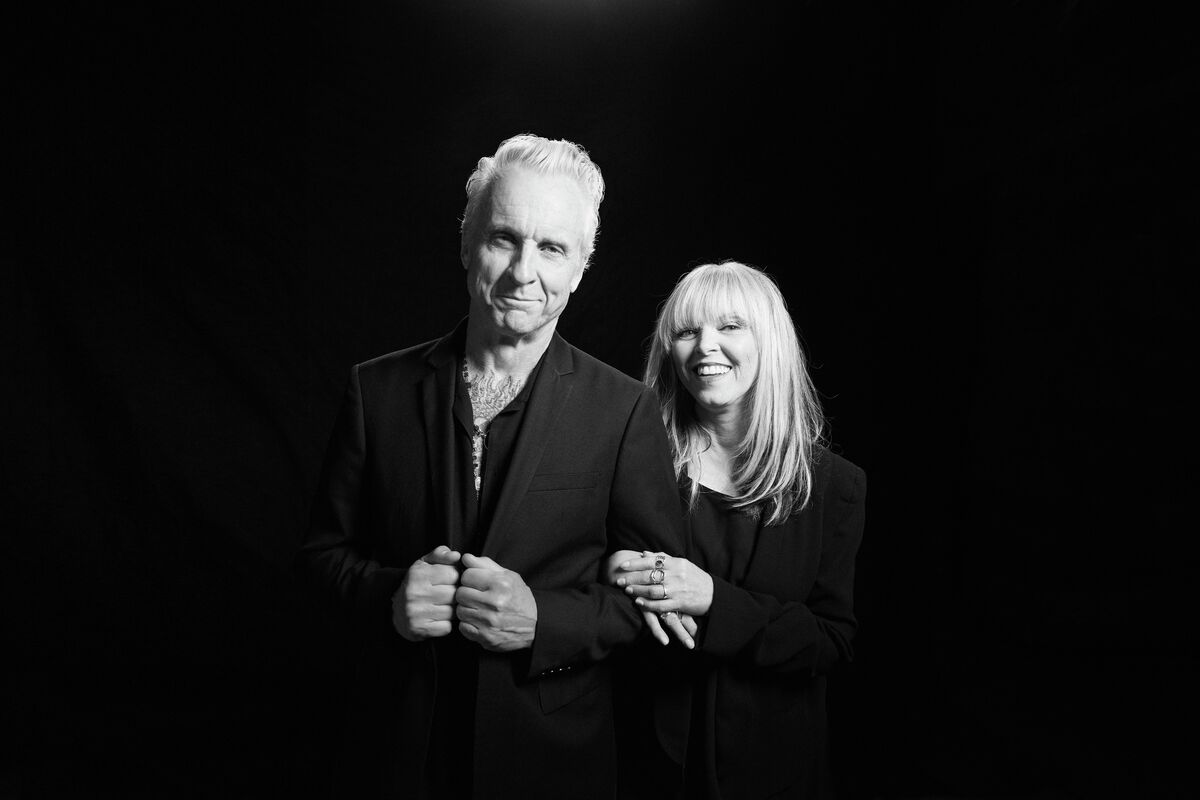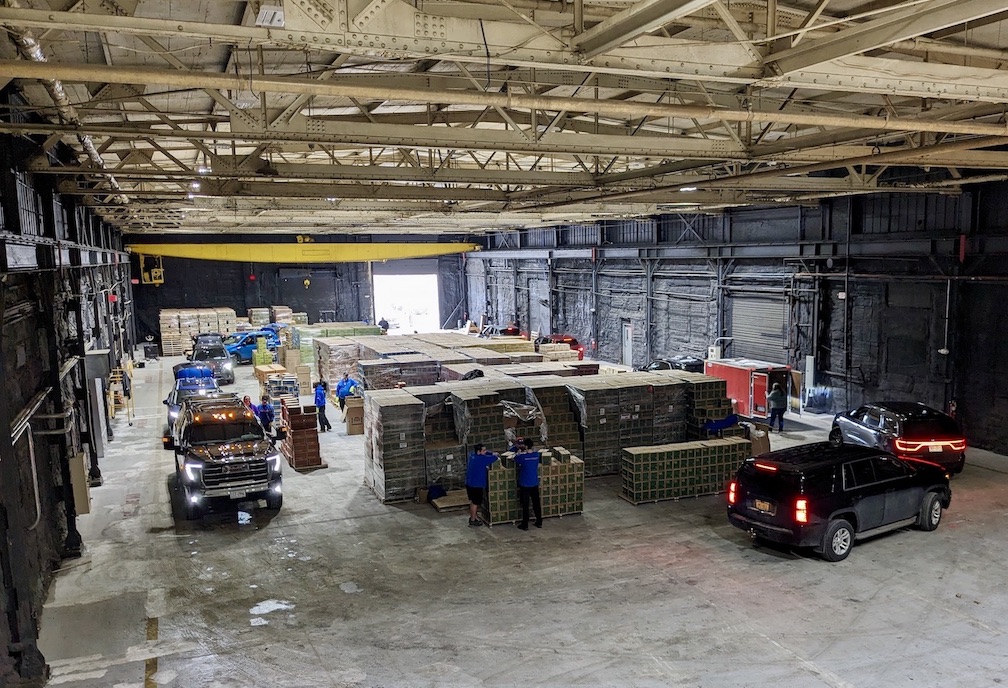Featured News - Current News - Archived News - News Categories
3 Climate Smart Communities awarded recertification; Erie County advances to silver-level certification
Gov. Kathy Hochul announced the latest round of communities to achieve certification as part of New York state's Climate Smart Communities program, which supports local efforts to meet the economic, social and environmental challenges posed by climate change. Her team said, “By taking meaningful steps to mitigate and adapt to climate change, 11 local governments met the criteria to be recognized as leaders for the first time. Additionally, three communities already in the program recertified and increased the number of certification points earned during the most recent round of review. Finally, Erie County ascended to the silver level.”
The actions were announced during Climate Week 2021 and support New York's ambitious goal of reducing greenhouse gas emissions by 85% by 2050, as outlined in the Climate Leadership and Community Protection Act (CLCPA).
Grand Island was awarded bronze status.
"Our Climate Smart Communities program empowers local governments to take bold action to meet the challenges driven by our changing climate, and I commend these communities for implementing effective measures to help meet the ambitious goals of New York's landmark Climate Leadership and Community Protection Act and for setting an example for other municipalities to follow," Hochul said. "I particularly wish to congratulate the town of New Castle, New York's very first community to adopt the Climate Smart Community pledge, on achieving certified-bronze status and bringing us one step closer to a cleaner, greener future."
DEC Commissioner and Climate Action Council Co-Chair Basil Seggos said, "From devastating hurricanes pummeling the East Coast, to destructive wildfires consuming communities out west, climate change demands that we take action. We need an all-hands-on-deck approach that requires contributions from all levels of government. I applaud these newly certified Climate Smart Communities helping to combat the climate crisis by acting locally and bolstering New York state's national climate leadership."
Established in 2009, the interagency Climate Smart Communities program provides guidance and technical support to local governments to take locally driven climate action. The first step to becoming climate smart is to register by pledging to reduce emissions and adapt to climate change. To date, 345 local governments, representing more than 9.4 million New Yorkers, have adopted the Climate Smart Communities pledge.
DEC launched the certification program in 2014 to document and celebrate the accomplishments of communities taking climate action. There are now 81 certified Climate Smart Communities in New York. To be certified, a community must establish an active climate change task force that includes residents and municipal representatives. Most certified communities complete greenhouse gas inventories that estimate emissions at the local level and help local leaders identify how best to help New York meet the greenhouse gas reduction requirements of the climate act. The town of Woodstock, for example, reduced greenhouse gas emissions from its government facilities more than 40% between 2011-19.
For more information, see the online certification reports that describe all the actions that each certified community took to achieve certification.
The 15 communities recognized by Hochul also participate in the New York State Energy Research and Development Authority's (NYSERDA) Clean Energy Communities program, which assists local governments to implement clean energy actions and save on energy costs. In fact, 12 of the 15 are designated Clean Energy Communities in addition to being certified Climate Smart Communities.
NYSERDA President and CEO and Climate Council Co-Chair Doreen M. Harris said, "Congratulations to all of the newly certified Climate Smart Communities as well as the communities who have continued their commitment to prioritize climate change readiness to ensure the resilience of their communities and safety of their residents. Here in New York, we have seen the devastation and destruction that comes with a changing climate, and the achievements being recognized today demonstrate collaboration and leadership at the local level that is critical to advancing renewable energy and energy efficiency efforts that deliver meaningful climate results for generations of today and tomorrow."
NYSERDA Clean Energy Communities Program
Communities that complete at least four NYSERDA-identified high-impact actions are designated Clean Energy Communities and are eligible for grants to help with deploying low-carbon strategies. Grant opportunities include adopting the NYStretch Energy Code, undertaking one or more clean energy community campaigns, and additional grants where a New York State Disadvantaged Community is included.
Eligible city, town, village and county governments may apply for grants on a rolling basis until Dec. 31, 2025, or until funds are exhausted. Funds are being provided through the Clean Energy Fund and the Regional Greenhouse Gas Initiative.
Clean Energy Community coordinators are available at no charge to help communities develop and prioritize clean energy goals, access resources such as guidance documents and case studies, and take advantage of available funding and technical assistance opportunities. For more information on Clean Energy Communities, visit http://www.nyserda.ny.gov/cec.
DEC Climate Smart Communities Funding Programs
Four of the certified communities received funding through the DEC Climate Smart Communities Grant program. Established in 2016, this 50/50 matching grant program supports municipalities in completing certification actions and implementing projects that reduce greenhouse gas emissions and build resilience to extreme weather. For example, Erie County has received two Climate Smart grants totaling about $680,000.
Seven of the certified communities have received awards under DEC's Municipal Zero-Emission Vehicle program in prior years. The ZEV program offers grants to install electric vehicle charging stations for public use, and rebates on the purchase or lease of electric vehicles for municipal fleets. For example, the village of Hastings-on-Hudson has received awards totaling $28,500 under the ZEV program.
Visit DEC's website for more information about these funding programs.





























